Ziwei Wang
A Rising Star in the World of Classical Piano
Ziwei Wang is a young and exceptionally talented Chinese pianist based in the United Kingdom. Having started his musical journey at just six years old, he has since captivated audiences with his profound artistry and technical brilliance. Ziwei has performed in renowned concert halls across the world, bringing his passion for classical music to life on stage.
A devoted interpreter of Chopin’s works, Ziwei’s playing is marked by deep expression and sensitivity, earning him recognition in prestigious competitions such as the BBC Competition for Young Pianists and the London International Chopin Competition. His dedication to music, combined with his remarkable talent, continues to enchant listeners and establish him as a rising star in the world of classical piano.
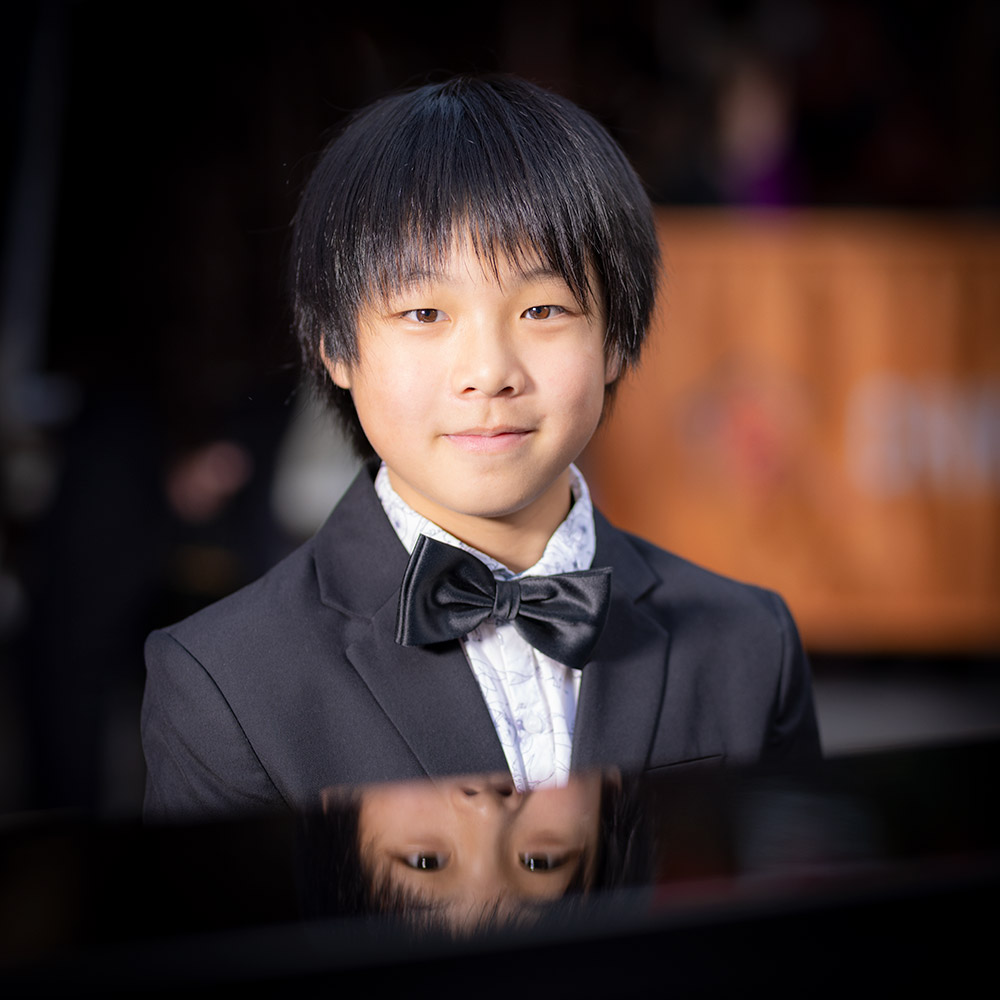
The Transformative Power of Piano: How Music Enriches Lives Worldwide
The piano is more than just an instrument; it is a gateway to emotion, creativity, and personal expression. Across the globe, piano playing has left a profound impact on individuals, shaping lives in ways both subtle and extraordinary. From bringing solace in times of hardship to enhancing cognitive abilities, the influence of this majestic instrument transcends cultures and generations. Among the most beloved composers, Frédéric Chopin’s music continues to weave itself into everyday life, proving that classical compositions remain as relevant today as they were centuries ago.
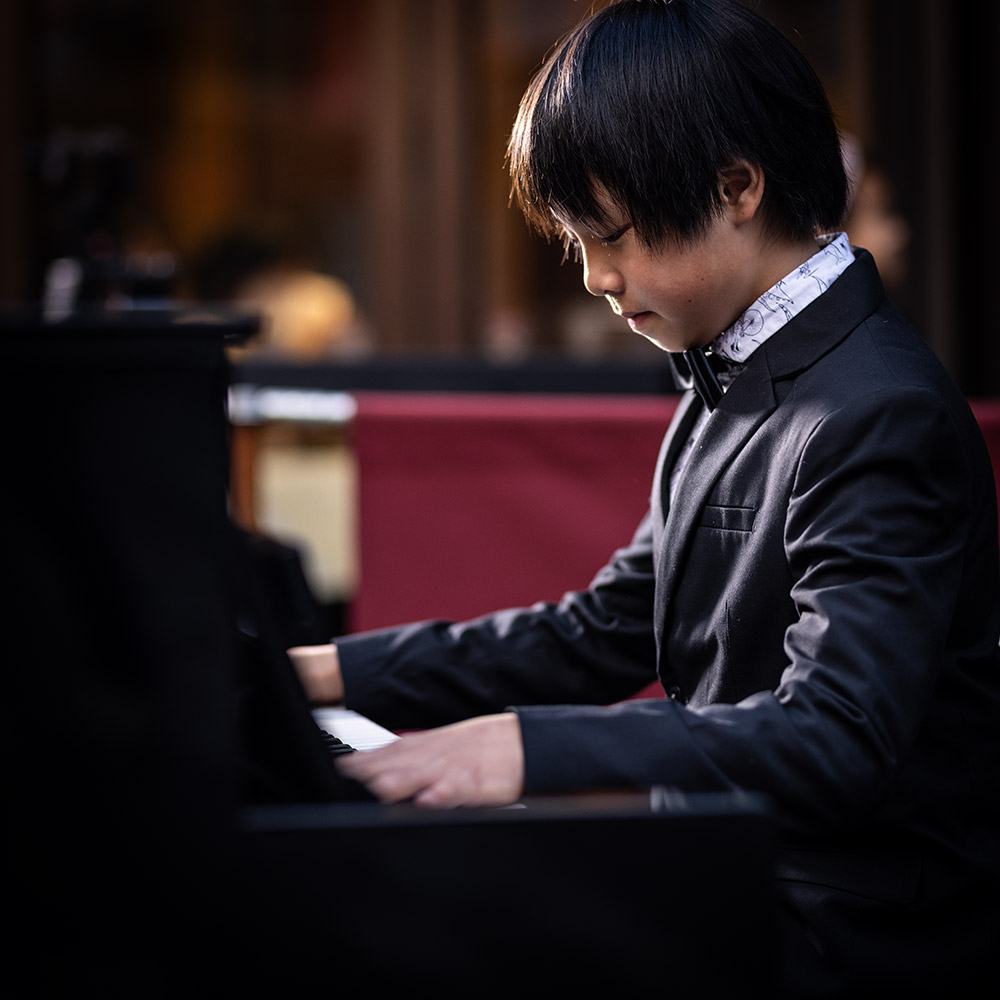
The Impact of Piano Playing on People's Lives
Piano playing has the power to transform lives, offering an avenue for emotional release and mental well-being. Studies have shown that learning and playing the piano improves memory, concentration, and problem-solving skills. The discipline required to master the instrument fosters patience and perseverance, qualities that benefit individuals in all aspects of life. Moreover, music serves as a universal language, connecting people across different backgrounds and cultures.
For many, the piano provides a source of comfort. Whether it’s a professional musician or an amateur enthusiast, playing can serve as a form of therapy, reducing stress and promoting emotional balance. Music has been used in hospitals, rehabilitation centers, and therapy sessions to aid recovery and improve overall well-being. In schools and communities, the piano remains a central instrument in fostering creativity and collaboration among young learners.
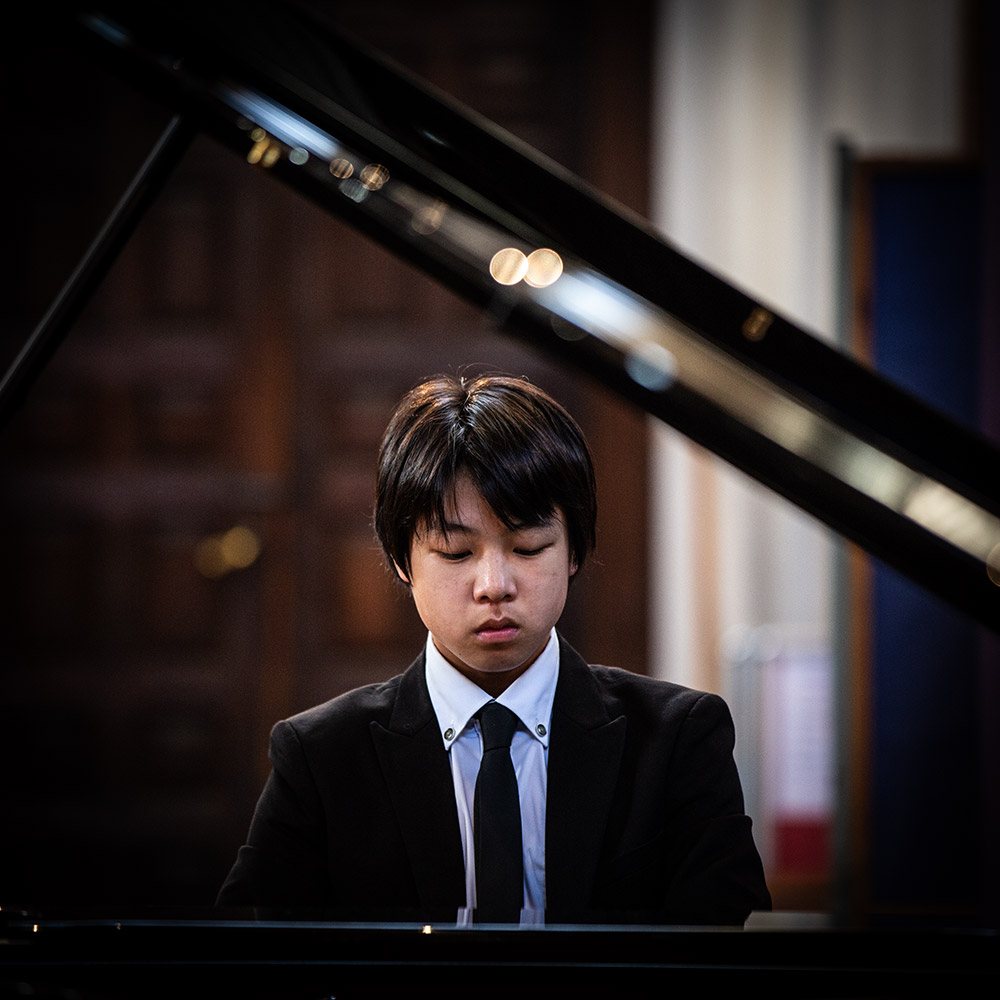
Chopin’s Music in Everyday Life
Few composers have left as lasting a mark as Frédéric Chopin. His music, filled with deep emotion and lyrical beauty, continues to touch lives in unexpected ways. From intimate performances in concert halls to soothing background music in cafés, Chopin’s compositions are ever-present. Many people find solace in his nocturnes and waltzes, which evoke profound emotions and provide a sense of peace amid the chaos of modern life.
Chopin’s works are frequently used in films, television, and commercials, adding an air of sophistication and emotional depth to visual storytelling. Beyond entertainment, his music is also incorporated into meditation and relaxation playlists, offering a calming escape from daily stresses. Aspiring pianists often begin their journey by exploring Chopin’s etudes and preludes, which challenge their technique while deepening their appreciation for expressive playing.
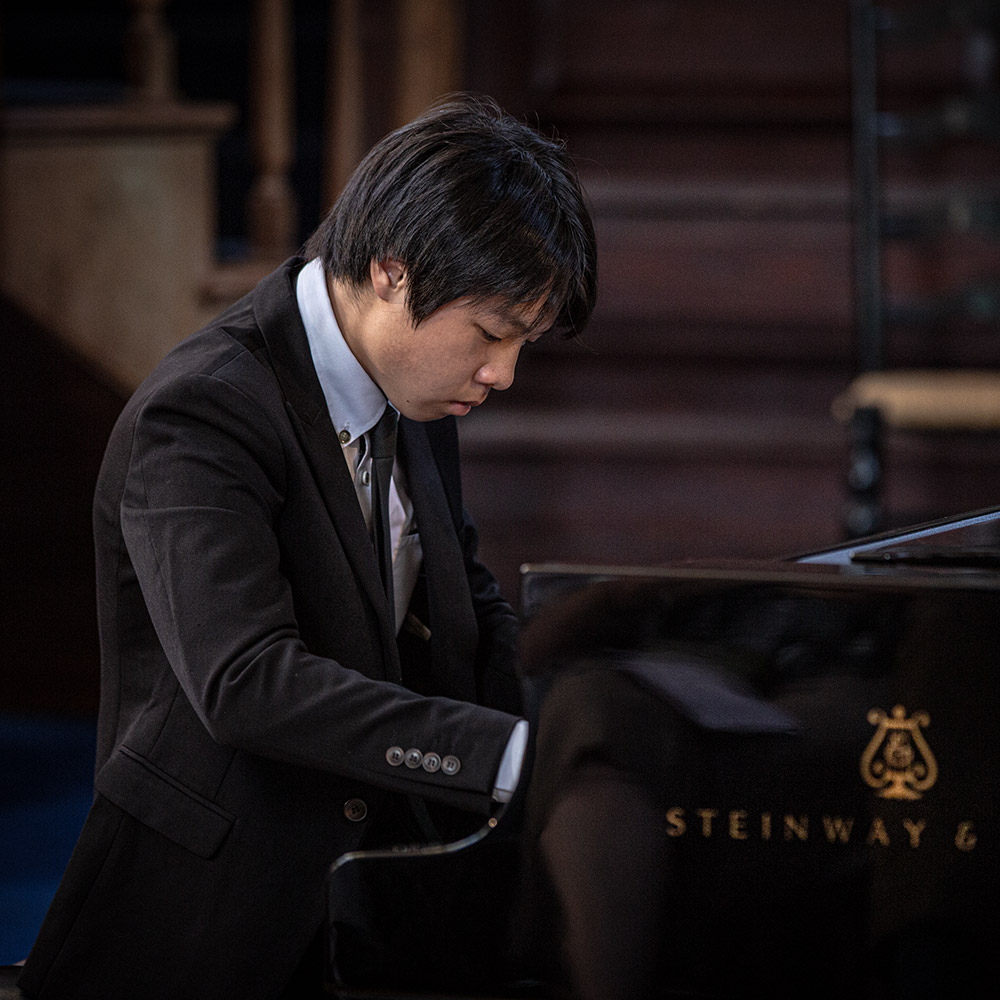
Nurturing Young Talent: Developing a Passion for Piano
For young pianists, discovering a passion for the instrument is just the beginning. Nurturing this passion requires dedication, guidance, and opportunities to perform. Here are some key ways young talent can develop their skills and grow as musicians:
- Consistent Practice with Purpose – Regular practice with a structured approach helps build technique and musicality. Setting goals and working on challenging pieces can keep motivation high.
- Seeking Mentorship and Education – Learning from skilled teachers or attending masterclasses can provide valuable insights and inspiration. Many prestigious music institutions offer programs that shape young talents into professional musicians.
- Participating in Competitions and Performances – Engaging in competitions such as the BBC Competition for Young Pianists or the London International Chopin Competition helps build confidence and provides exposure to the professional music world.
- Exploring Different Genres – While classical music provides a strong foundation, experimenting with jazz, contemporary, and film music can expand a pianist’s versatility and creativity.
- Connecting with Other Musicians – Collaborating with fellow musicians fosters a sense of community and opens up opportunities for ensemble playing and networking.
The piano is a lifelong companion that evolves with its players. Whether pursued as a profession or a personal passion, its ability to inspire and bring joy remains unparalleled. For young musicians, embracing the journey with curiosity and dedication can lead to endless possibilities, echoing the timeless beauty of Chopin’s music and the transformative power of piano playing in people’s lives.
LATEST BLOG
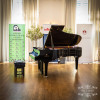
2025.03.04 | Finale Gala Concert of the 2025 London International Chopin Competition for Young Pianists